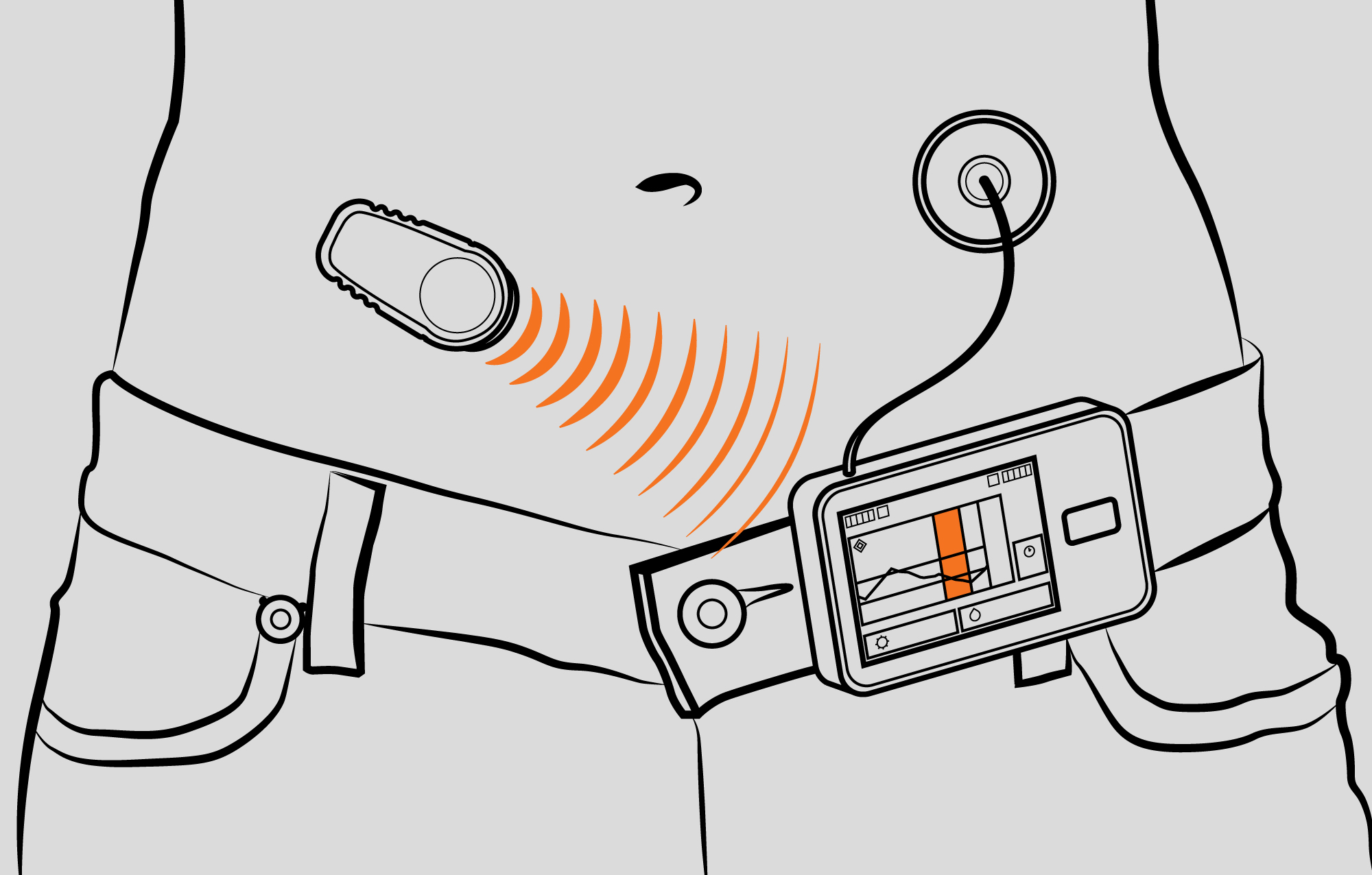A UVA Health-developed artificial pancreas system is among the nominees for 2019’s best biomedical research and is fighting to win the public’s votes in a bracket challenge that is the scientific version of the NCAA basketball tournament.
Voting is open through 11:59 p.m. March 8 in the first round of STAT Madness, which seeks to identify the best innovations in science and medicine.
In the opening round, the artificial pancreas system developed at the University of Virginia Center for Diabetes Technology – which automatically monitors and regulates blood glucose in patients with type 1 diabetes – is facing off against a competitor from University of Texas MD Anderson Cancer Center.
The artificial pancreas system tracks blood glucose levels with a continuous glucose monitor and automatically delivers the hormone insulin as needed. The system frees people from testing their blood sugar levels multiple times a day by fingerstick, and from delivery of insulin by multiple daily injections. A patient’s insulin pump is programmed with an algorithm developed at UVA that uses glucose monitoring information to adjust the insulin dose automatically.
Learn more about the artificial pancreas system – and how it helped one man cycle across Death Valley.
The U.S. Food and Drug Administration approved the artificial pancreas system after results from a multicenter clinical trial, published in the New England Journal of Medicine in October 2019, found the new artificial pancreas system was more effective than existing treatments at controlling blood glucose levels in people with type 1 diabetes.
“This medical breakthrough has the potential to improve care and the quality of life for many patients with type 1 diabetes,” said Dr. K. Craig Kent, UVA’s executive vice president for health affairs. “The artificial pancreas is truly worthy of national recognition, and I encourage everyone to cast a vote for this outstanding work.”
In addition to STAT Madness, Boris Kovatchev, director of the UVA Center for Diabetes Technology, will make a presentation about the artificial pancreas system and his team’s work to find a cure for type 1 diabetes at the Health System Board meeting March 5 at the Rotunda.
Media Contact
Article Information
March 3, 2020
/content/uva-ready-bust-some-brackets-biomedical-research-challenge

